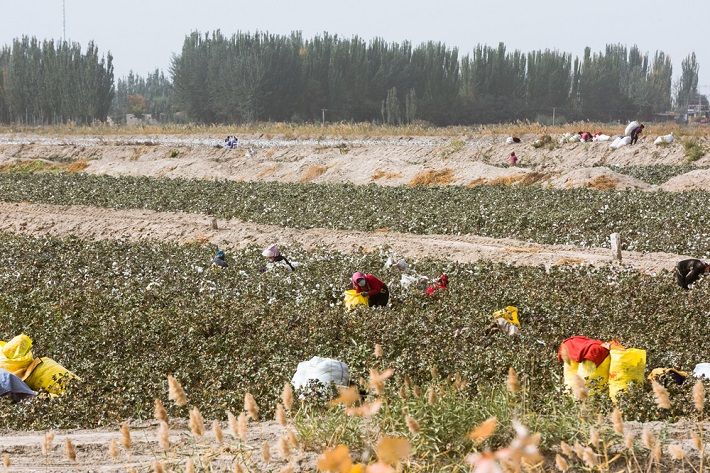
The UFLPA establishes a presumption that the importation of any goods, wares, articles, and merchandise mined, produced, or manufactured wholly or in part in the Xinjiang Uyghur Autonomous Region (XUAR) of China, or produced by certain entities, is prohibited by Section 307 of the Tariff Act of 1930 and that such goods, wares, articles, and merchandise are not entitled to entry to the United States, according to the CBP. “The presumption applies unless the Commissioner of US Customs and Border Protection (CBP) determines that the importer of record has complied with specified conditions and, by clear and convincing evidence, that the goods, wares, articles, or merchandise were not produced using forced labour.”
CBP said it may consider evidence other than what is provided by the importer in determining whether there is clear and convincing evidence.
The UFLPA also requires that importers demonstrate due diligence, effective supply chain tracing, and supply chain management measures to ensure that they do not import any goods made, in whole or in part, by forced labour, especially from the XUAR. “This requirement extends throughout the entire supply chain, to include goods that may be shipped from elsewhere in China and to third countries for further processing,” CBP said in its operational guidance for importers released last week.
To enforce the UFLPA, the Forced Labor Enforcement Task Force (FLETF) last week made public its ‘Strategy to Prevent the Importation of Goods Mined, Produced or Manufactured With Forced Labor in the People’s Republic of China’. The strategy is the culmination of months of engagement with brands, suppliers, Congress and other key stakeholders.
The UFLPA will supersede current withhold release orders (WROs) related to Xinjiang for goods imported on or after June 21, 2022. “In situations in which the importer contends the UFLPA does not apply to its imports, and thus, that its imports are not subject to the UFLPA presumption, the importer may submit documentation demonstrating that neither the goods nor their components were produced wholly or in part in Xinjiang or by entities identified in the UFLPA Entity List,” the operational guidance stated.
Under its Commodity-Specific Supply Chain Tracing Documentation, CBP has released specific for supply chain documentation that importers may consider submitting for cotton, a commodity with a high-risk of forced labour.
For importing cotton, importers need to provide sufficient documentation, including any records that may be kept in the ordinary course of business (e.g., purchase orders, payment records, etc.), to show the entire supply chain, from the origin of the cotton at the bale level to the final production of the finished product. They also need to provide a flow chart of the production process and maps of the region where the production processes occur. They should number each step along the production process and number any additional supporting documents associated with each step of the process. In addition, they need to identify all the entities involved in each step of the production process, with citations denoting the business records used to identify each upstream entity with whom the importer did not directly transact.
In effect, UFLPA is likely to result in an unprecedented level of scrutiny, especially for goods imported from China, including clothing and textiles. While there are methods like DNA traceability and isotopic testing to tack the entire supply chain, their reliability is yet to be proven, according to experts.
Fibre2Fashion News Desk (RKS)